Countries across the world are increasingly advocating the adoption of electric vehicles (EVs) and moving away from internal combustion engine (ICE) vehicles. By eliminating vehicular emissions, nations can go a long way towards destination net zero before 2040.
"India is well on track to achieve its Paris agreement targets well before the target date of 2030," PM Narendra Modi had declared after accepting the 2021 CERAWeek Global Energy & Environment Leadership Award.
The share of non-fossil sources in India's installed capacity of electricity has grown to 38 per cent and the nation adopted Bharat-VI emission norms in April last year to cut vehicular pollution. India has maintained that it is not a polluter and cause of climate change and has voluntarily committed to reducing greenhouse gas emission intensity of its GDP by 33-35 per cent below 2005 levels by 2030.
The need for the hour is that low and middle-income countries start using low- and no-emission vehicles as well. In many developing nations, a lack of government spending power and varying infrastructure present extreme obstacles to making the switch.
WHAT IS INDIA DOING?
The Centre has taken steps to promote the adoption of EVs and also urged state governments to incentivize the purchase of EVs to meet its commitments set out in the Paris Climate Accords. The Ministry of Road Transport and Highways (MoRTH) in August, 2021 announced that EVs will be exempt from “the payment of fees for the purpose of issue or renewal of registration certificate.” Several state governments in India are allowing tax breaks, sops, discounts and subsidies to EV buyers.
The government had also in previous years reduced the GST component on EVs to 5 percent. Under the Faster Adoption and Manufacturing of Hybrid and Electric vehicles (FAME-II) policy, four-wheel EVs can get a maximum subsidy of Rs 1.5 lakh while two-wheelers can get a subsidy of up to 40 percent of their purchase price.
First-time buyers can also claim tax benefits of up to Rs 1.5 lakh under Section 80EEB of the Income Tax Act, for installments paid towards the purchase of an EV. Additionally, state governments are also offering several incentive schemes and subsidies on purchases of EVs, which stand separate from those provided under FAME-II.
While advancing several incentives for domestic purchases, India charges exorbitant duties on imported vehicles to preserve the domestic industry. India charges 106% - one of the high-priced tariffs on automobile imports, while the average tariff on import of vehicles is 22 percent globally, according to the Observatory of Economic Complexity (OEC). While the protectionist tariffs may level the playing ground for domestic manufacturers of EV, they also keep imported EVs well beyond the reach of the upper-middle class buyer.


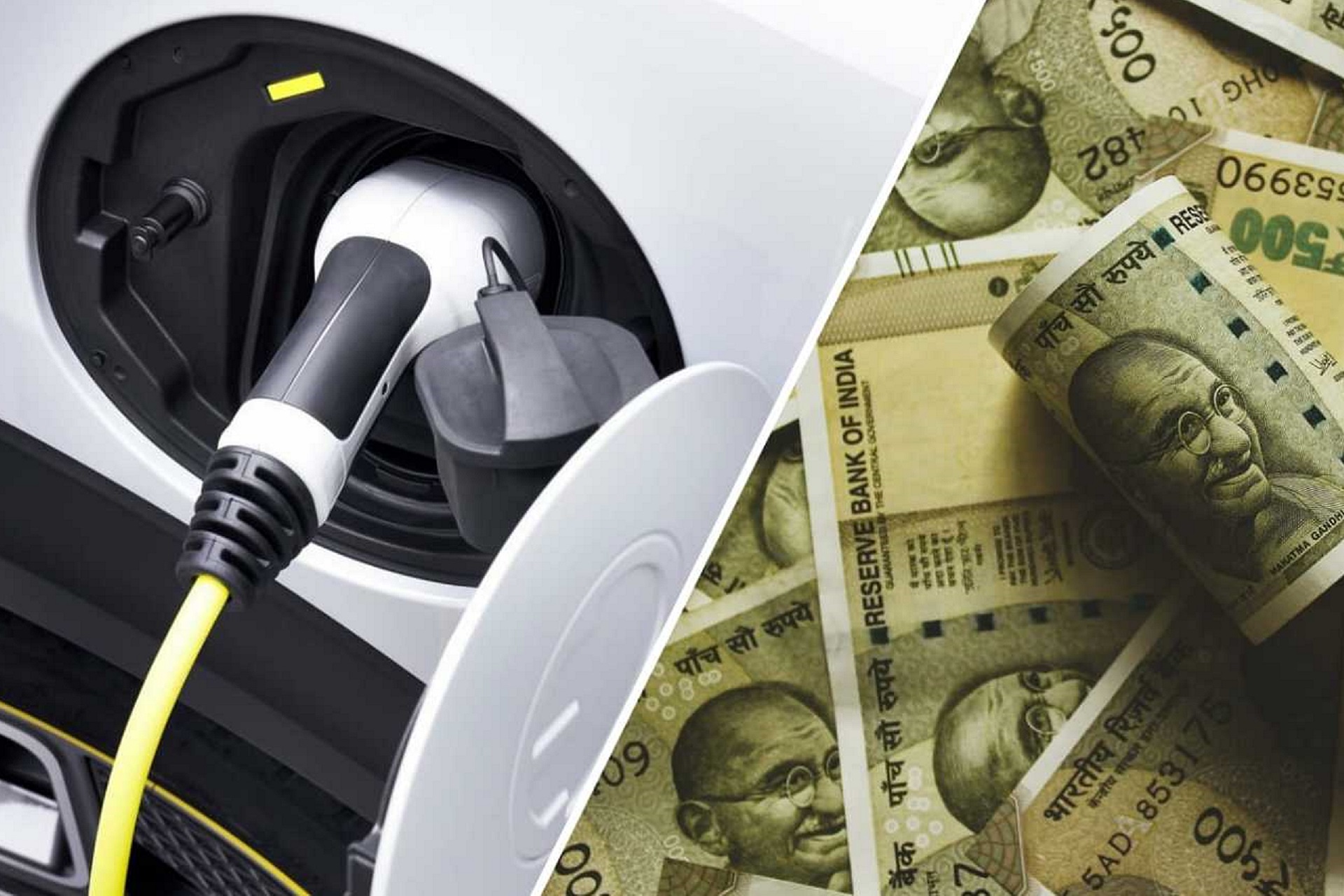
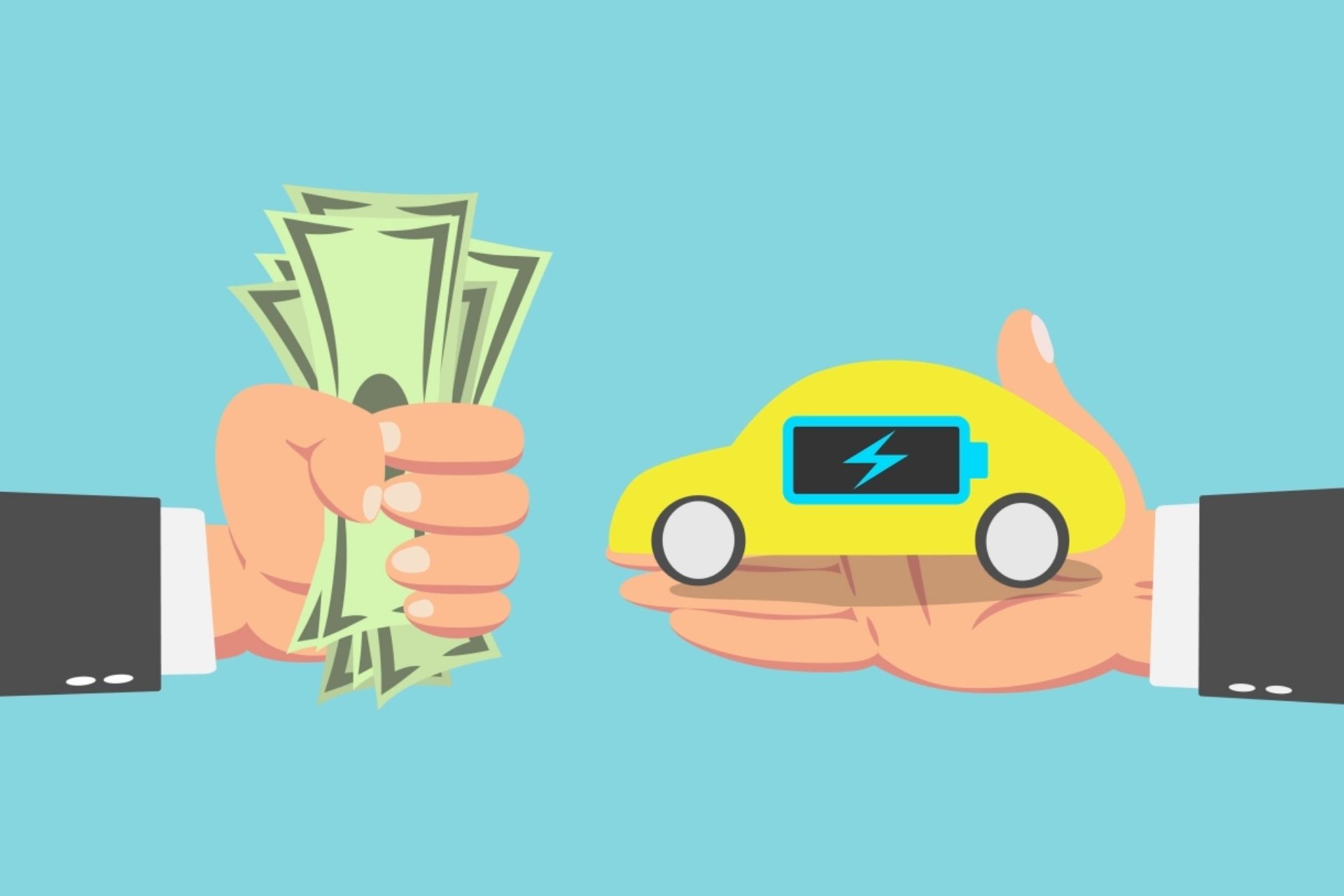
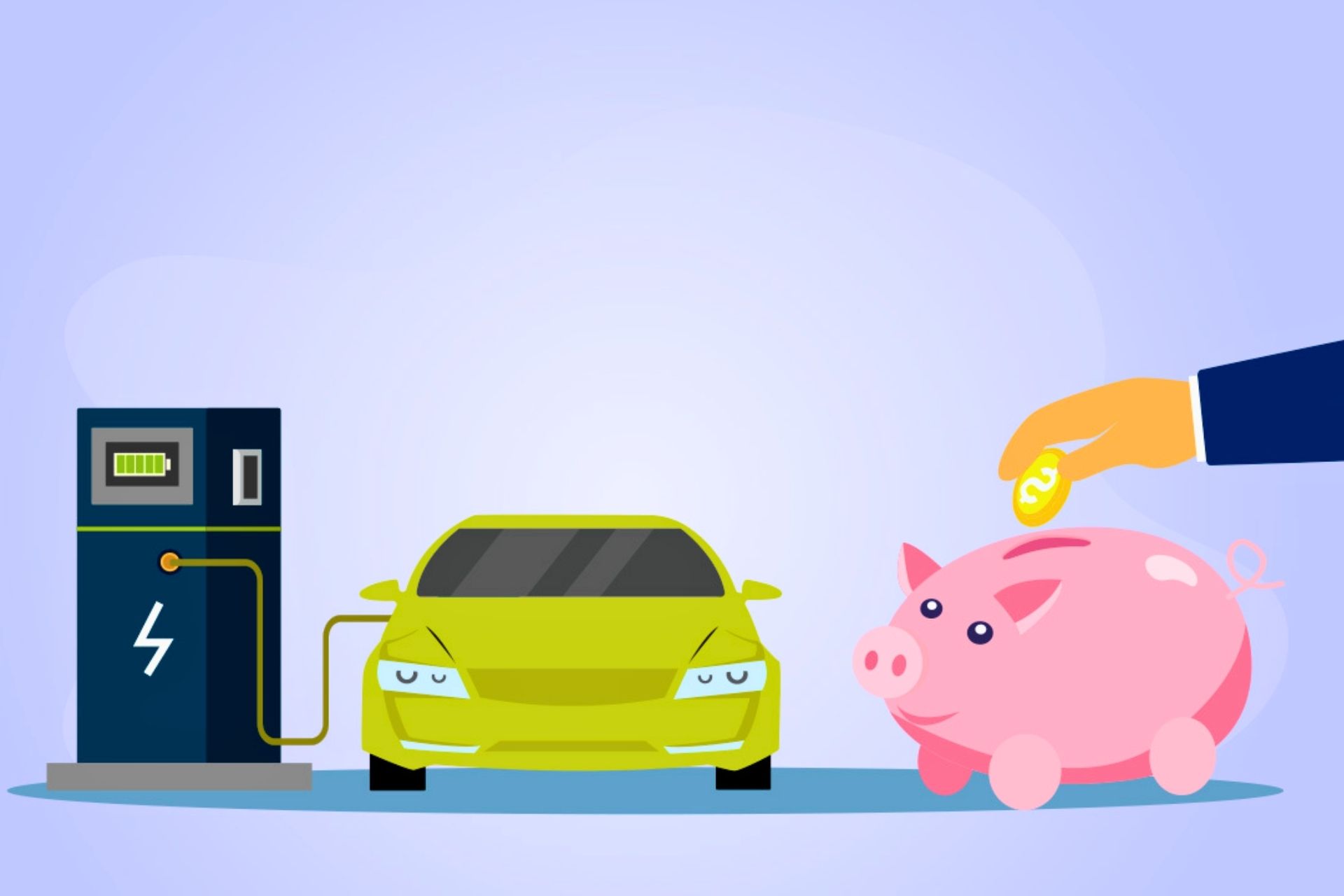
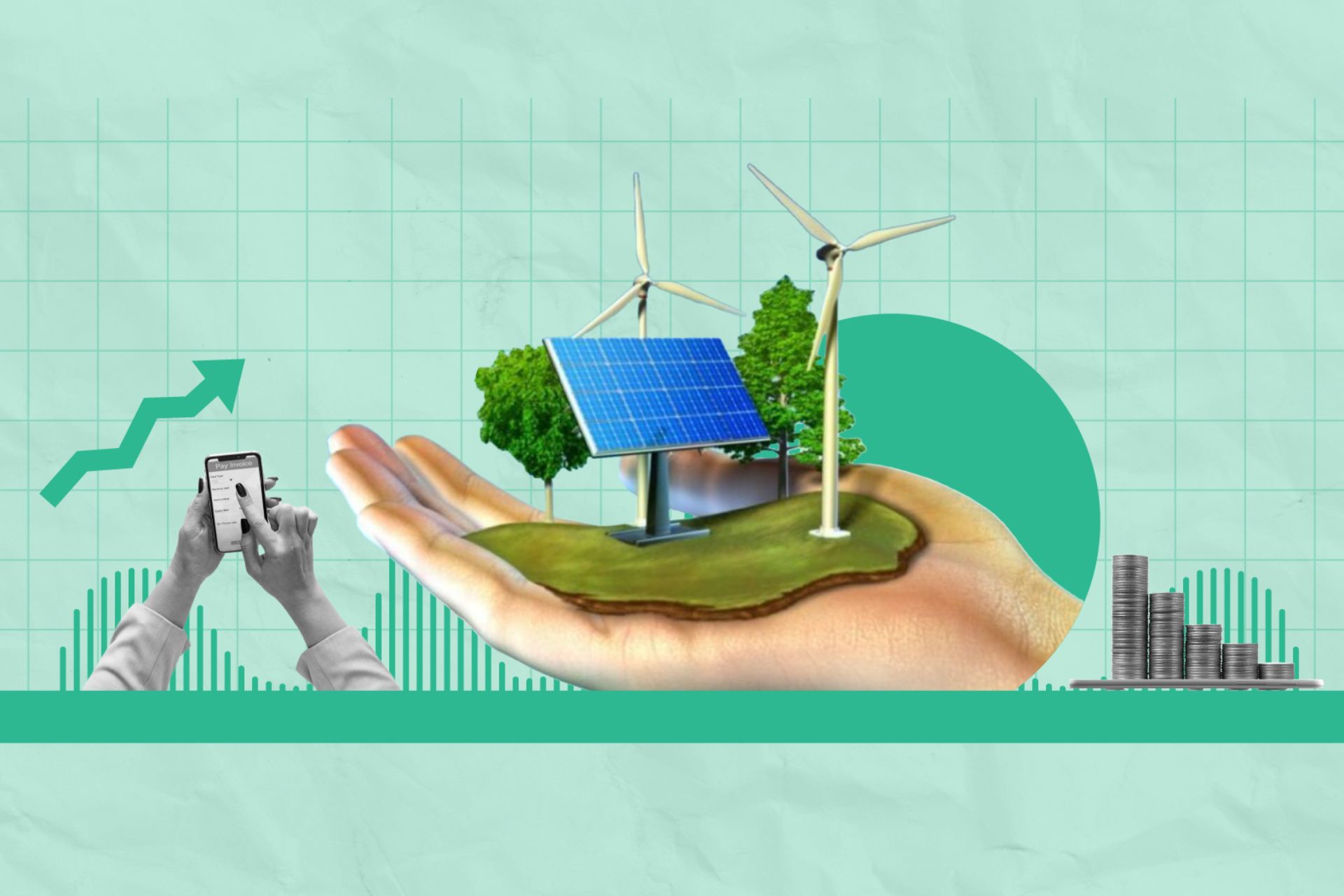
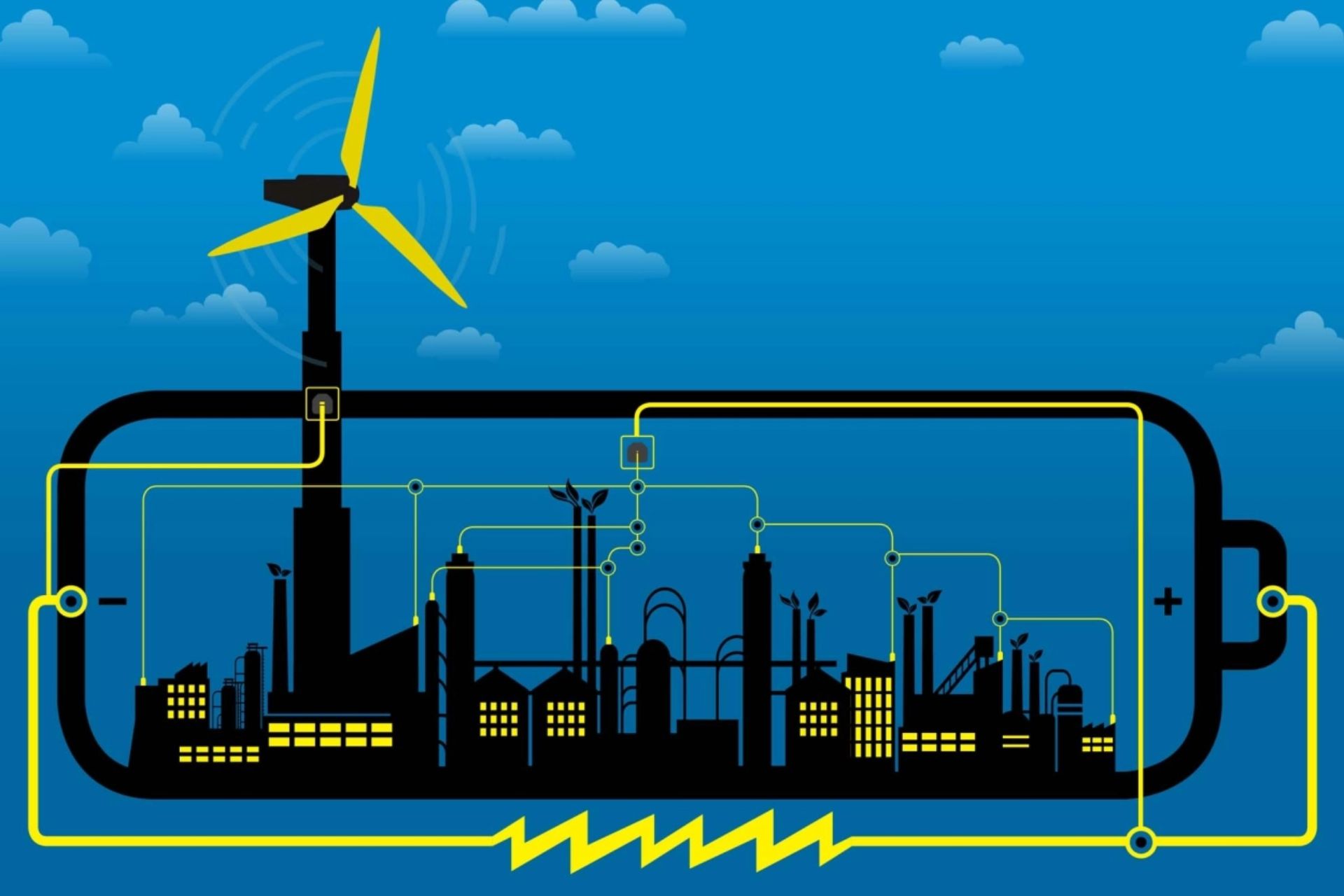
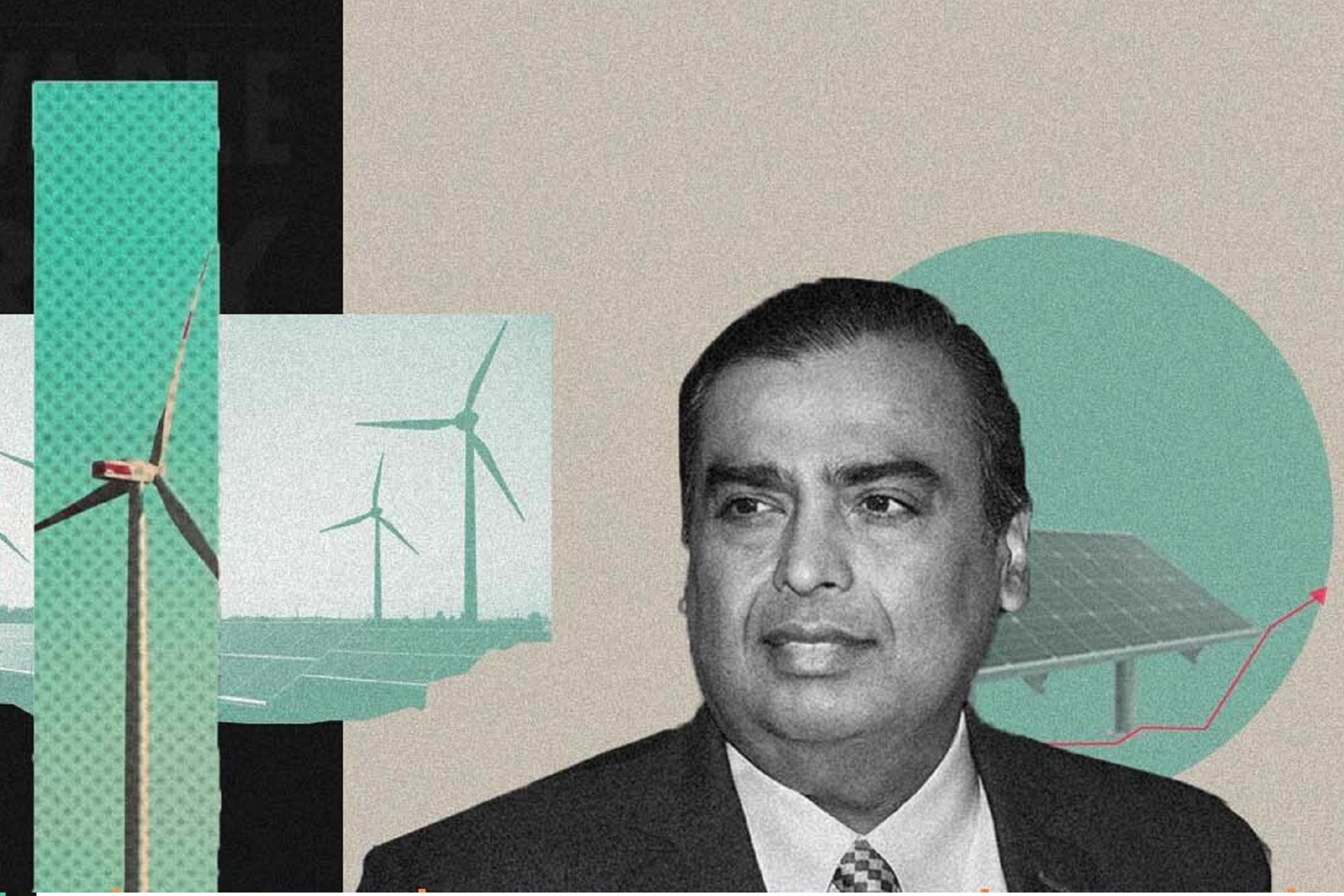
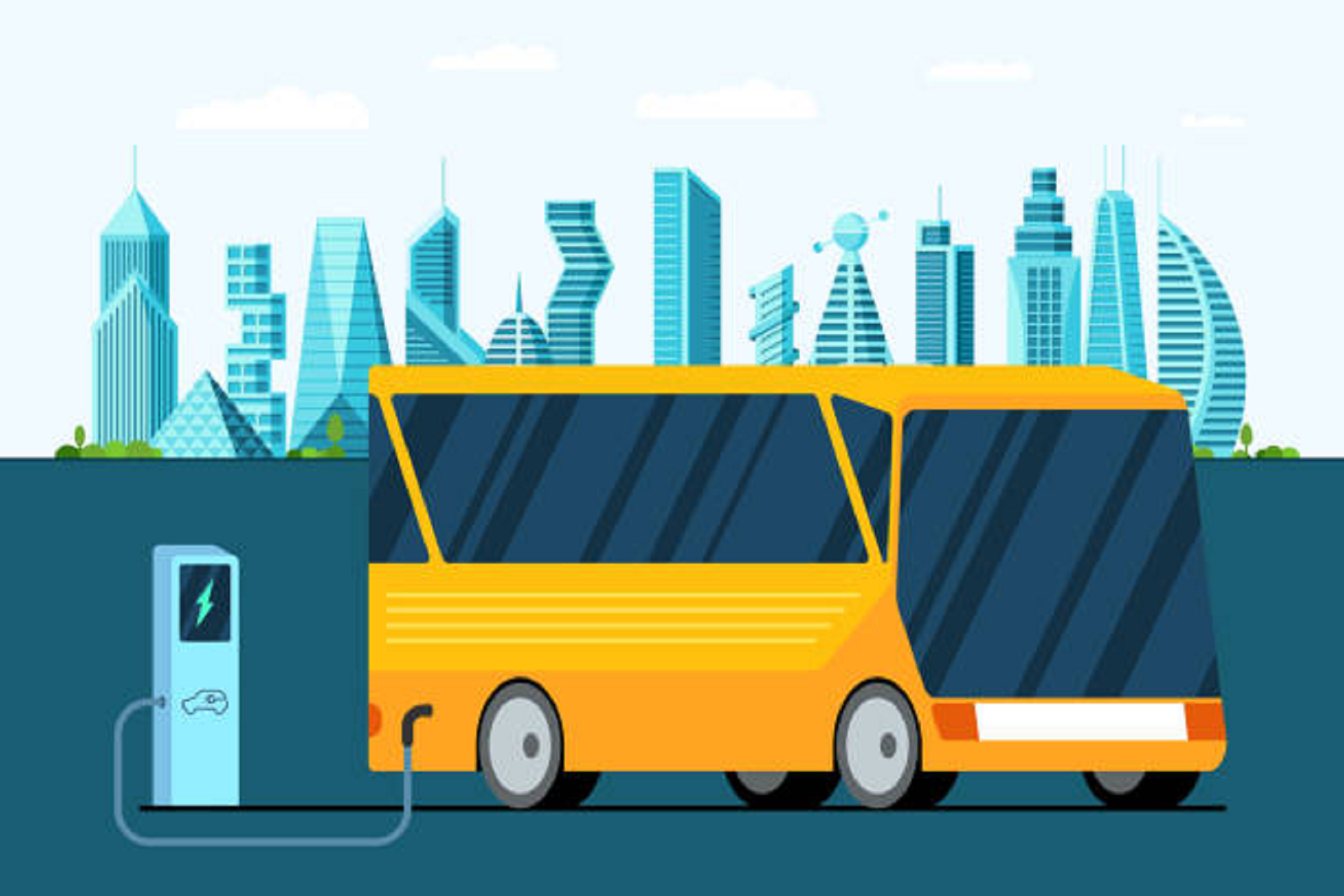
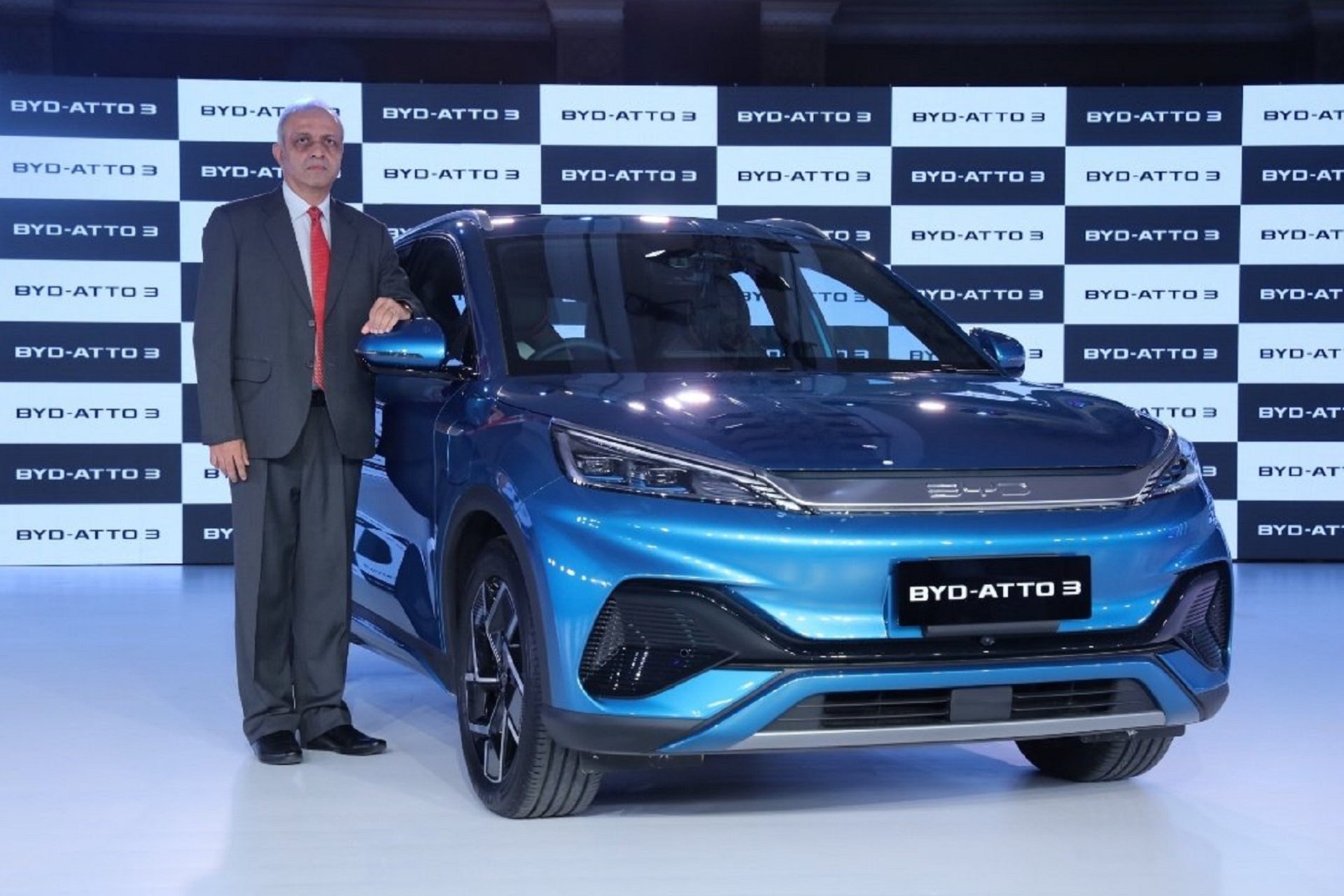
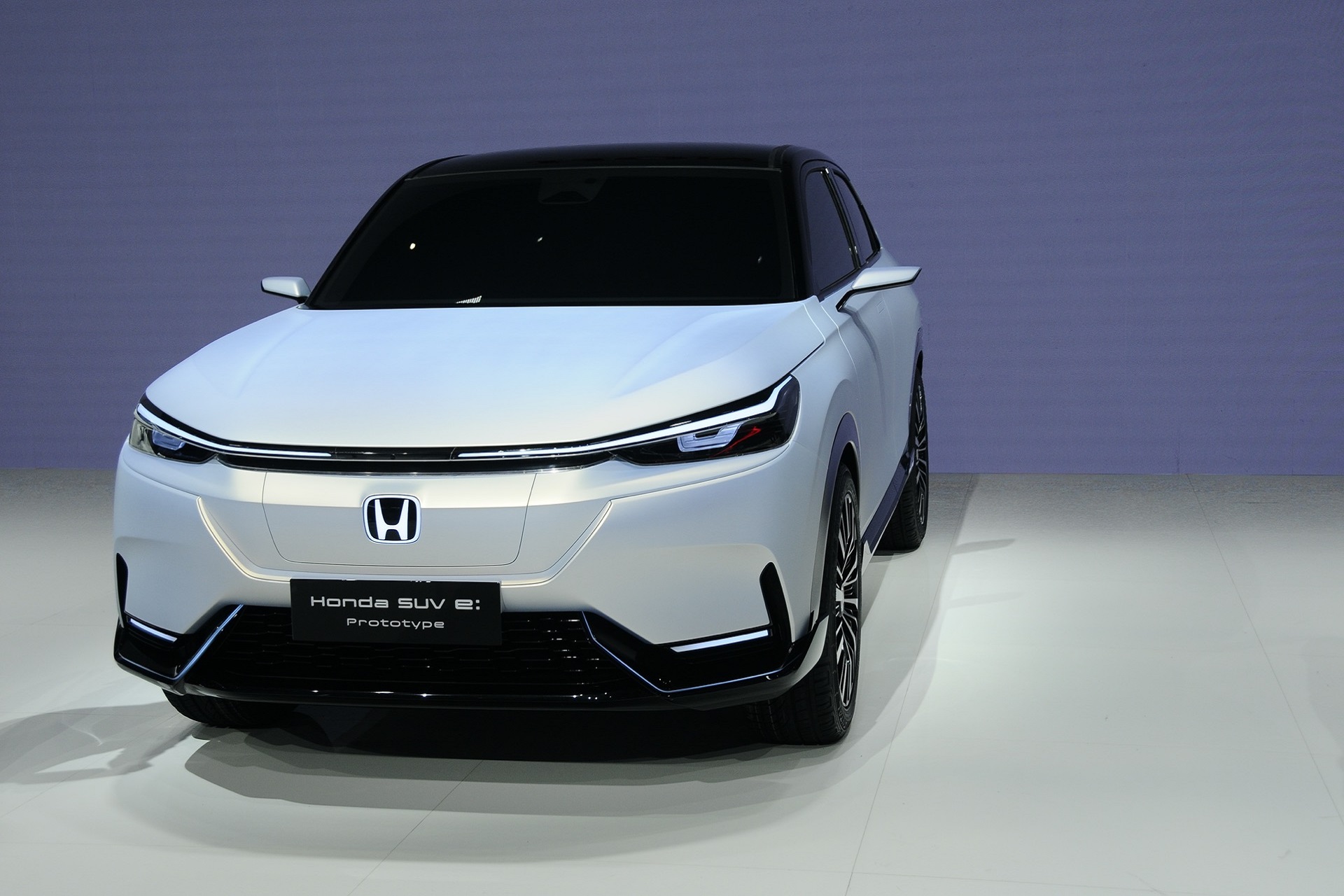
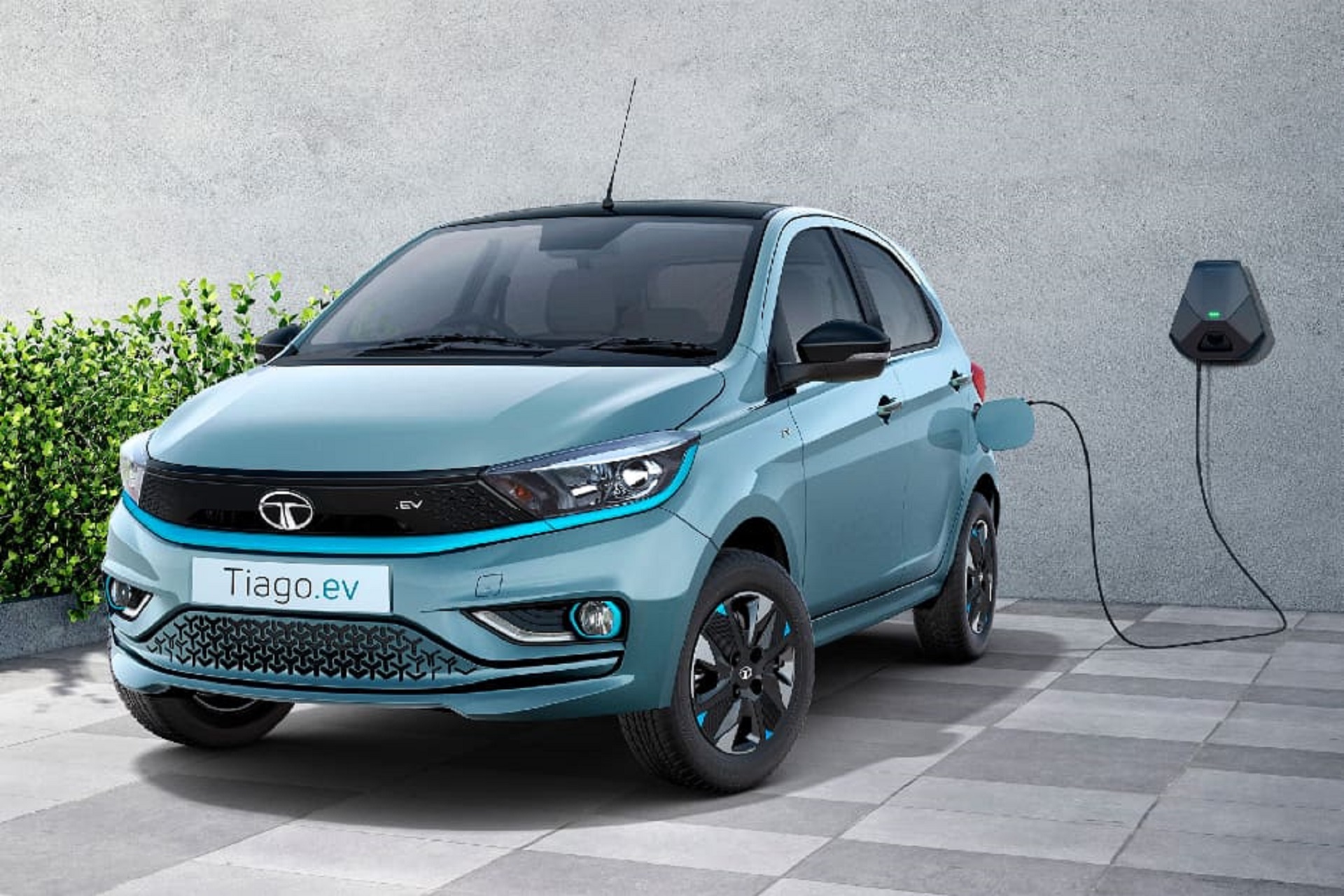
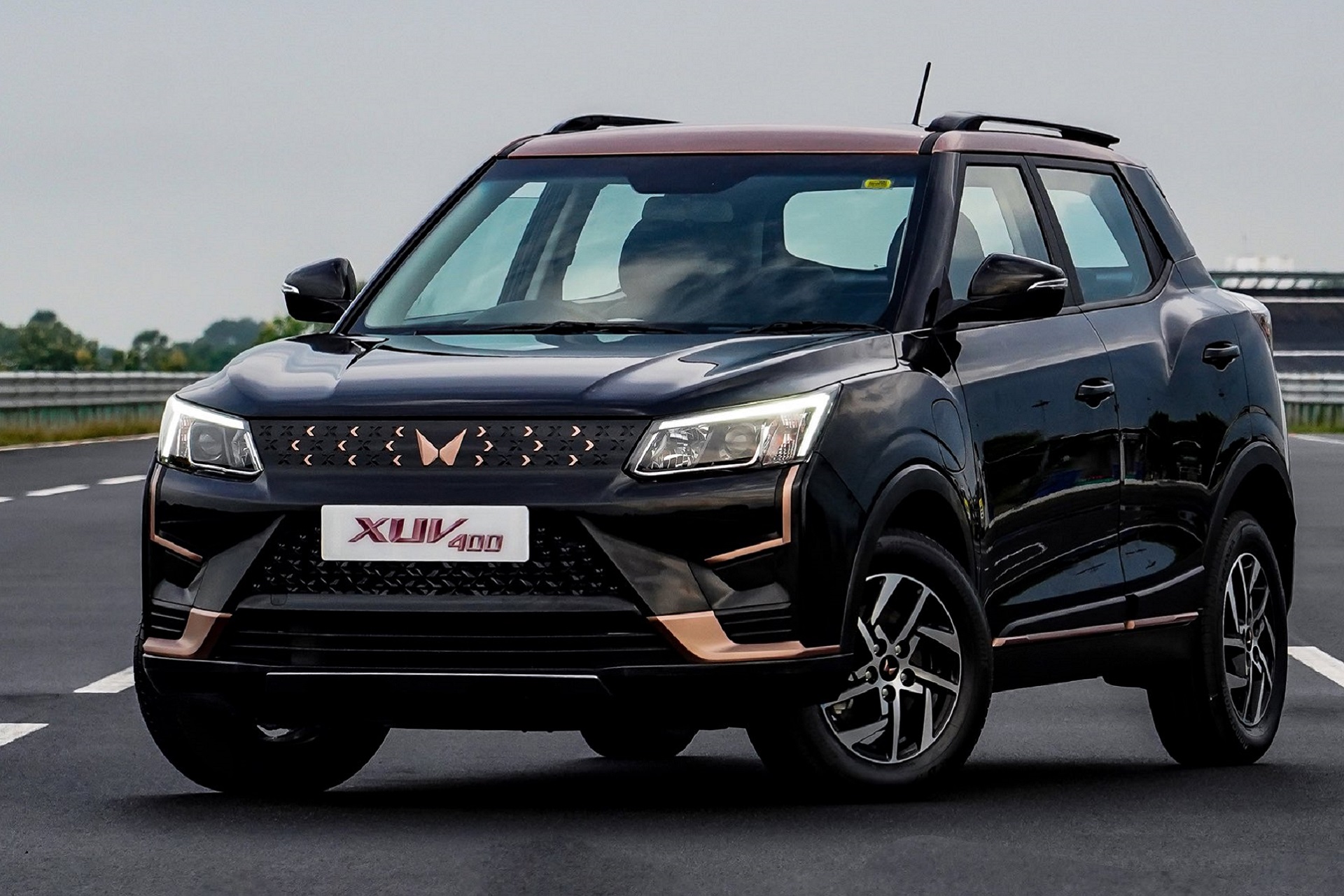

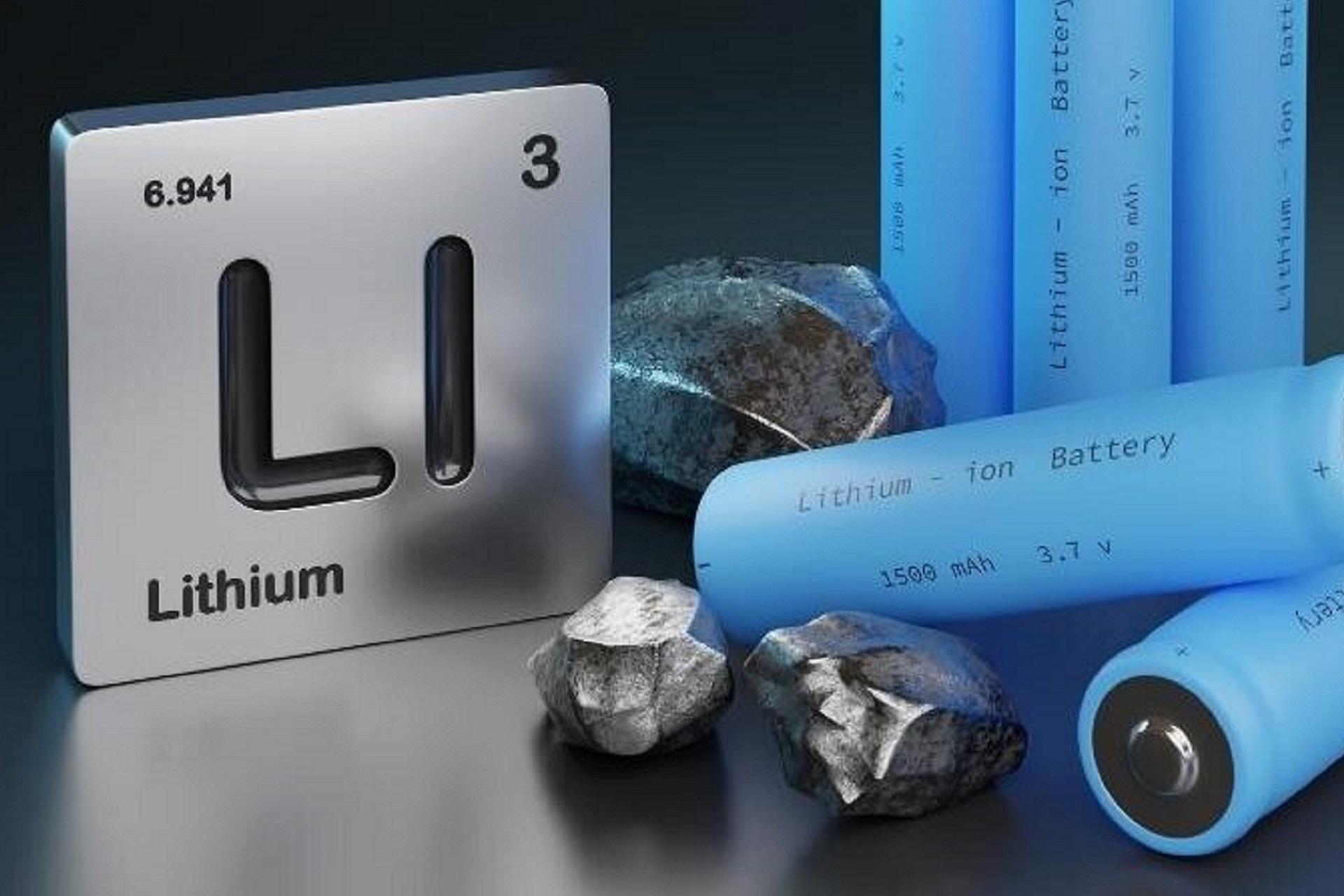
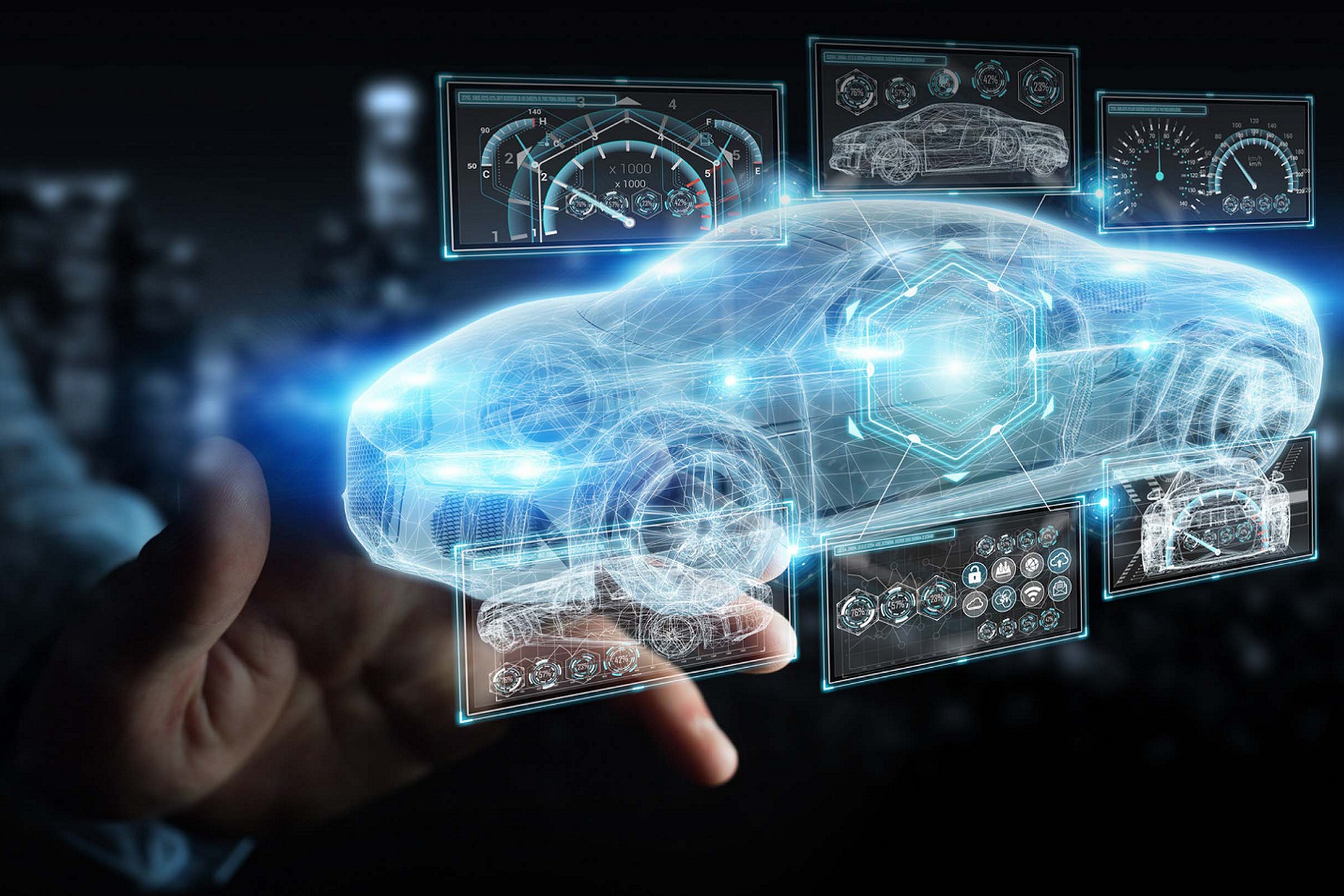

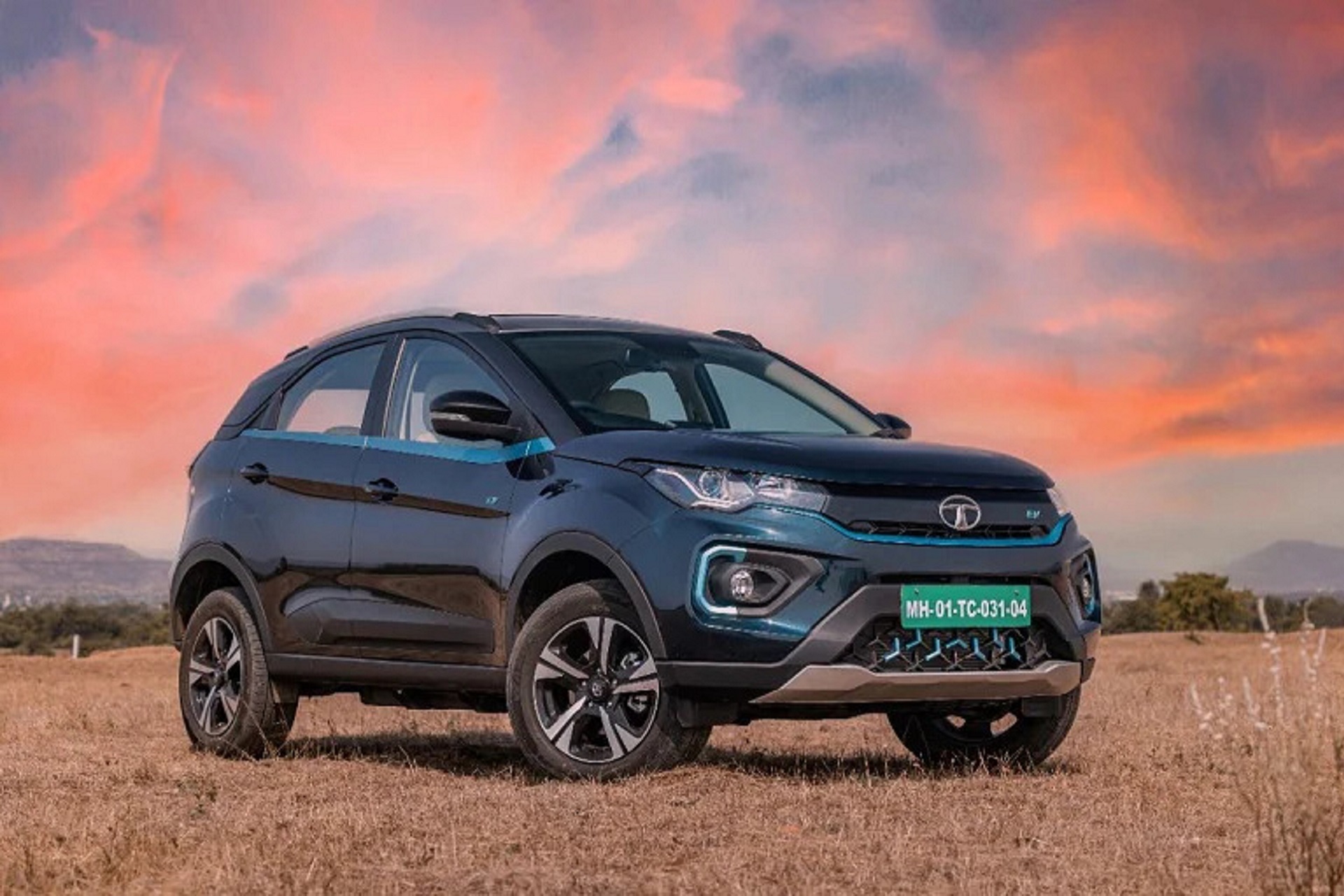
Please Login / register to post your comments!!
0 Comments